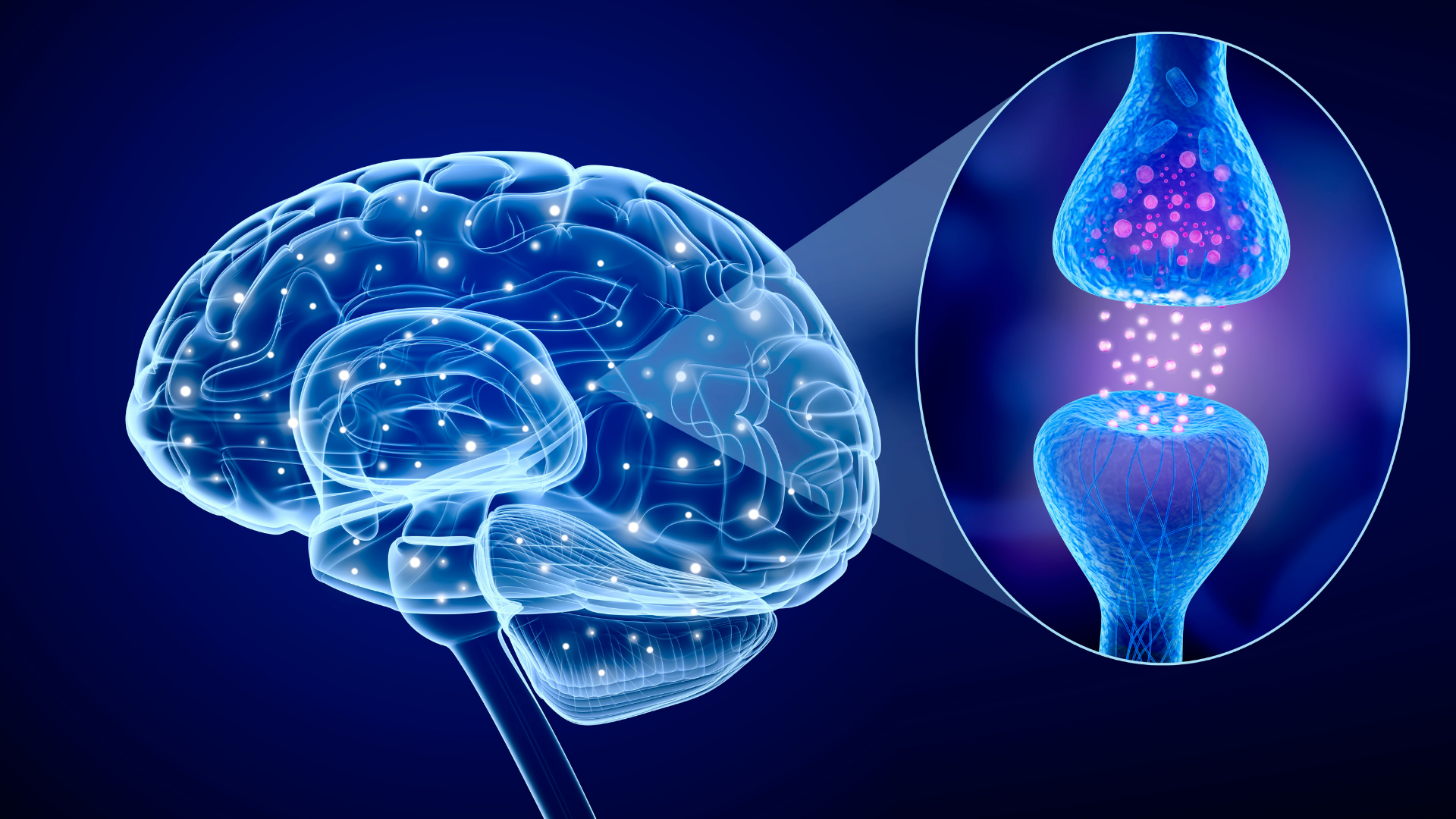What Causes Video Game Addiction?
There is no one definitive cause of video game addiction. However, there are several factors that heavily influence its development. This article will guide you through everything you need to know about the causes of video game addiction.

Content
What is Video Game Addiction?
Video game addiction is defined as a behavioural addiction by most governing bodies on mental health. Behavioural addictions can have many symptoms in common with those addicted to substances. However, behavioural addictions are simply an uncontrollable compulsion to carry out a particular behaviour such as, gambling, sex or gaming for the way it makes us feel during or after we carry it out.
The World Health Organisation (WHO) has recognised video game addiction as an official mental health disorder. They have included the criteria for video game addiction in their ICD-11, a manual used by healthcare professionals around the world to diagnose mental health conditions. Some of the criteria state they must show ”impaired control over gaming, increasing priority given to gaming over other activities to the extent that gaming takes precedence over other interests and daily activities, and continuation or escalation of gaming despite the occurrence of negative consequences.”
They further go on to explain that these negative consequences must be distributed across different facets of one’s life: personal, family, social, educational, occupational or other important areas of functioning for at least 12 months. Based on this data, healthcare organisations worldwide have launched treatment plans to combat this silent addiction.
Who Does Video Game Addiction Affect?

With 2 Billion people playing video games worldwide 10% have diagnosed compulsion issues related to gaming. The statistics do not represent those who are suffering but are unaware or ashamed to seek help. On average the largest demographic addicted to video games are males between the ages of 18 – 24. Despite their addiction being prominent during adolescence to adulthood, many began playing games from a very early age.
Video game addiction is more so diagnosed in these age ranges as this is where many young people gain their freedom and responsibility for their own lives. Hence how we can see the effects of video games stunting their development.
However, video game addiction in children is becoming more relevant as technology advances and becomes a part of their lives much earlier. It’s no longer a strange sight to see a toddler navigating their way around a tablet. The major difference between children and adults addicted to video games is that the responsibility commonly lies with the parents to break the child’s video game addiction.
The harsh reality for many addicted gamers is that they must understand and treat their own addiction hence why online treatment courses like The Mindful Gamer were developed. The most surprising statistic is amongst gaming addicts 94% are male, which we will address later.
Dopamine Desensitisation

This is one of the main causes of video game addiction and is usually underlying in all cases. The science behind it is relatively simple. When we play video games our brain releases a feel-good neurotransmitter called dopamine which is important for all sorts of positive things like mood and motivation.
Playing video games for long hours causes a consistent release of dopamine in our brain causing a great feeling initially but will start to desensitise our brain to it. When our brain becomes desensitised to dopamine we require more of it to feel the same level as satisfaction we used to feel, hence we play more video games.
This process is similar to how we react to drinking coffee. Any caffeine addict in the room will understand that when you first drink a cup of coffee the racing heart, high stimulation and alertness is a powerful sensation. But as our body begins to build up a tolerance to it many find themselves drinking multiple cups a day just to feel normal. The video game addict, in order to get their baseline fix of dopamine, must play video games for hours to feel good again.
The problem this causes is, a brain starved of dopamine is not very efficient at functioning. Many gaming addicts experience symptoms such as lack of motivation, poor performance at work, neglecting important responsibilities and not being satisfied with other hobbies. Video games stimulate us in a way that is different to all other activities and therefore things that were once our passion we can find ourselves falling out of love with.
Instant Gratification

Following on from how video games stimulate us, they often play on our psychology as human beings to make us feel good and have a sense of achievement. However, this quick thrill that we get can often substitute for the greater pleasures of living life. As humans, we are wired to feel good when we overcome challenges and adversity. This makes sense from an evolutionary perspective as once upon a time our very survival depended on this ability to overcome unforeseen obstacles, thus we feel good for overcoming them and the cycle continues. It is also why we revere and praise people in society who accomplish difficult tasks.
Video games have done a great job of tapping into our need for reward by creating challenges on-demand that are difficult to overcome but easy enough to avoid massive frustration. Therefore we feel that rush of completing a level or beating a final boss but always knowing that our next goal is in sight and very achievable. This is what makes video games so addictive.
The major downside to this is it skews our perception of success. This in-built reward system is what is used to solve real-life problems harbouring growth and development. Long term life goals, dreams and aspirations. Video game addicts however no longer feel motivated to achieve these things. They derive their satisfaction and sense of accomplishment from video games which hinders them from moving forward in life.
Video game designers and video game addicts often have a conflict of interest as their job is to keep people playing. While they aren’t created with malicious intent, they can be detrimental to those with the inability to play in moderation.
Escapism

Many people play video games to get away from the stresses and negative feelings of the real world. Some games require very high levels of concentration by creating high-risk high reward situations. Gamers who play first-person shooters such as Counter-Strike: Global Offensive will understand that being the last one left alive on the team, having to clutch out the win against multiple enemies is a very stressful situation.
While experiencing such an adrenaline rush and intense focus we are not thinking about anything else at that moment. Addicts spend most of their time immersed to avoid the reality and hardships of life, and it is also not uncommon for many to have underlying mental health conditions such as ADHD, depression or anxiety. We always recommend that someone experiencing symptoms of these conditions seek out help from a healthcare professional.
Recent studies have shown that the negative effects of escapism largely outweigh the positives. Although video games have been shown to reduce the impact of negative emotions, when individuals consistently run from anger, frustration, sadness and anxiety through video games we are not learning to healthily deal with them. Feeling these negative sensations are important for our emotional growth. Without engaging with them it can make life very difficult when a gaming addict is presented with them. Further fueling their addiction.
Social Interaction

Gaming nowadays is never really done in solitude. Multiplayer games are by far the most popular games out there. Most gamers congregate over communication apps such as discord where users can join servers related to almost anything and build a sense of community and belonging. The camaraderie and connection built through gaming can be a nice feeling for anyone. But those who are particularly shy or suffer from social anxiety can find it an exceptionally welcoming community.
There is very little risk in engaging with others due to the anonymity of online interactions. However, this can often lead to isolation and poor social development as these online friends can replace our need for social interaction. In-person interactions are essential for learning to create deeper connections with others. Those who allow their online friends to become their only friends will struggle with this, leading to a sense of loneliness and exacerbating their need for interaction through video games.
Genetic Factors

As we previously mentioned a large proportion of video game addicts are males compared to females. Scientists speculate that this may be a genetic predisposition for males to be more susceptible to gaming addiction. Based on the neural mechanisms. When groups of males and females were subject to the same gaming-related testing men fMRI showed higher activation in the portions of the brain responsible for goal-oriented behaviours.
They concluded that men are more sensitive to gaming-related cues than females. Hence men are more driven by the goal-based model of gaming than women are. This is not to say that women are not at risk of developing video game addiction as women show higher levels of activation and affinity for mobile and puzzle games compared to men.
Anxiety and Depression

These have a complex relationship with video game addiction as many argue they share a mutual relationship. That anxiety and depression lead to increased susceptibility to video game addiction. And, that video game addiction leads to anxiety and depression. Specialists explain that those who are depressed seek out video games as a means of escape to suppress their negative emotions. They develop an unhealthy gaming habit which again stunts their motivation and pursuit of goals, worsening their depressive symptoms, and hence increasing their desire for video games to escape. We strongly advise those experiencing depressive symptoms to seek treatment from a licensed healthcare professional.
Anxiety on the other hand shares a similar relationship. Those who suffer from anxiety disorders will often look to suppress their worries through escape. However in doing so, if they allow video games to control their life and are not doing the things they’re supposed to. It often leads to a myriad of anxious thoughts developing and further exacerbating their addiction.
Treatments Available

If you or anyone you know are suffering from symptoms of gaming addiction it’s important to understand that there are treatment options available. Some of the most effective video game addiction treatment methods are:
CBT – Cognitive behavioural therapy is the main treatment method for any form of addiction. The way we think and the way we act are intimately linked. Therefore, this therapy is all about changing how we react to our thoughts to build healthier thinking patterns. As an addict may feel many urges to play video games in a day, CBT techniques will teach us ways to remove power from these cravings and act in a way consistent with cutting down or quitting. Using a trigger journal can be very useful. Try writing down every time you feel an urge to play video games, the time it happened, what caused it and how it made you feel. Seeing these thoughts laid out on paper can make a huge difference in distancing ourselves from our negative thoughts.
Detoxification – Taking a 90-day detox from video games is proven to decrease addictive symptoms and lower the chance of relapse. When taking a break from gaming our bodies are amazing at recovery. Our brain will regain sensitivity to dopamine, boosting our mood and motivation towards activities outside of gaming.
Mindfulness – This is the practice of becoming unconditionally aware of your body and thoughts without judgement. This is essential for video game addicts to practice if they have been playing video games to escape. When they meet with their negative thoughts and emotions it can be very overwhelming, hence mindfulness will help them ground them and make it easier to deal with these sensations. Mindfulness can be practised through various meditations and exercises which can be carried out on your own or through a guided audio lesson.
Considering mindfulness can be learned and utilised in solitude, gaming addiction self help programs incorporate these meditations and teachings into their course to help reduce addictive symptoms.
Video games like all things in life are to be enjoyed in moderation but It’s important to remain vigilant to the causes of video games and seek help whenever necessary. Excessive use of video games can lead to a host of problems and leave many spiraling into addiction. As lonely as it may seem, The Mindful Gamer is always here to help.








